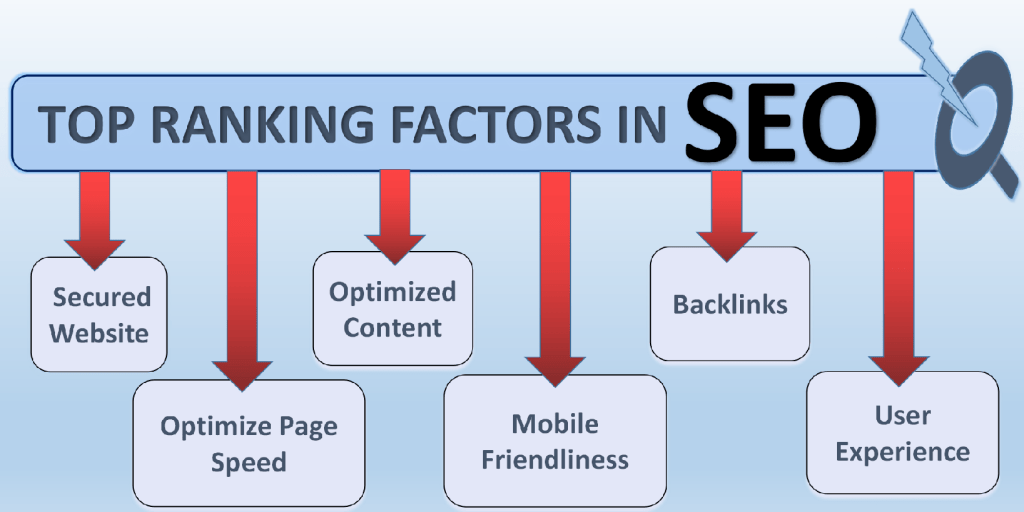As an SEO, you may wonder about many things to be ranking factors. I am talking about potential ranking factors here. But one thing that you are going to have to keep in mind here is that not all factors are ranking factors for all websites. Something that may act like a ranking factor may not do the same for other sites. So, the best answer to this question is “it depends”.
It’s the age of subjective SEO
Technically, it makes sense to get the same result when a change is tested on multiple sites. However, SEO doesn’t follow this formula. Believe it or not, SEO can be more nuanced than what you would think.What makes more sense here is to treat SEO as subjective. It means that different pages require different factors in order to rank for different queries.
Now, it doesn’t really mean that some confirmed ranking signals should not be worked upon. There are several other ranking factors which may be able to help a website or webpage rank. The main purpose of testing these factors is to know the degree at which these factors may be helpful.

Applying scientific methods to your SEO
Google’s main focus is to serve the best answer to the searchers’ queries. The best answer in this regard is the one which is relevant. And when we talk about relevance, it is worth mentioning that it is a subjective quality. It means that if you want to know what can work best for your site, you are going to have to test.
When it comes to testing SEO theories, there is no better option than a scientific method. There are a few steps involved in a scientific method for SEO.Let’s discuss those steps briefly.
Step 1: Make anobservation

It is quite important to write down what happens to your website. For instance, you might see your pages with fewer internal links ranking worse. Moreover, you can also look at the factors which are putting your site on the right course. This observation is specifically important when you are running a bigger website and you cannot test everything on every page.
Step 2: Do your research
After you have made an observation, you will have to search whether there is any information about this observation already available. Information from credible sources will help you do intelligent hypothesis.
Step 3: Form a hypothesis
Forming a hypothesis is basically a process making an educated guess based on your observation.
Step 4: Conduct an experiment
Conducting an experiment is can be a daunting (or fun, depending on how you see it) stuff. The reason it can be daunting is that it can be difficult to get clean results from an experiment. For instance, it might still be difficult for you to tell if the increase or decrease in traffic was due to the test and not due to an algorithm update. Seasonality can also be a factor here. And this change in traffic may also be due to any other change made in your website.

The best way to solve this issue is to apply the change on several similar pages on the site and leaving a group of pages without doing anything. This way, you will not only be able to get more conclusive result but you will also be sure that you are not wasting your time.
Step 5: Data analysis
In order to draw a logical conclusion, you need to analyze the data. You are basically uncovering whether or not your hypothesis was right.
If there are improved metrics on the pages that you have tested as compared to the ones that have not been tested, your hypothesis was right.